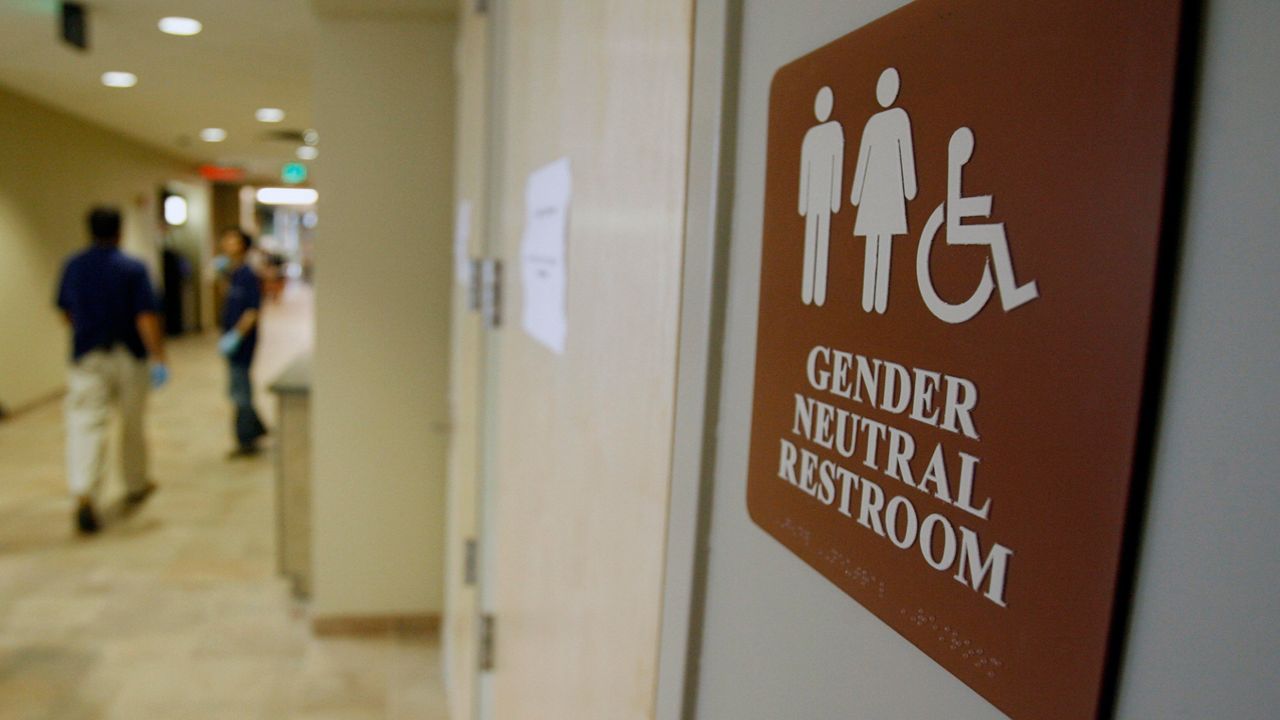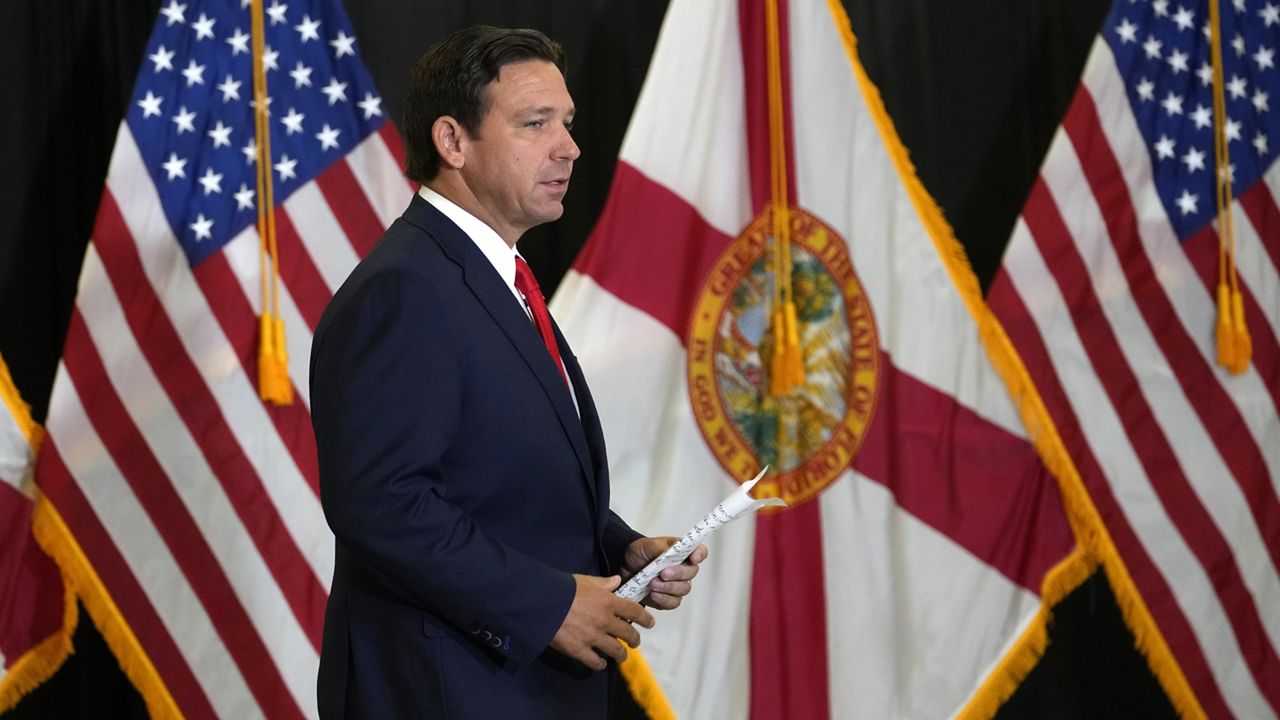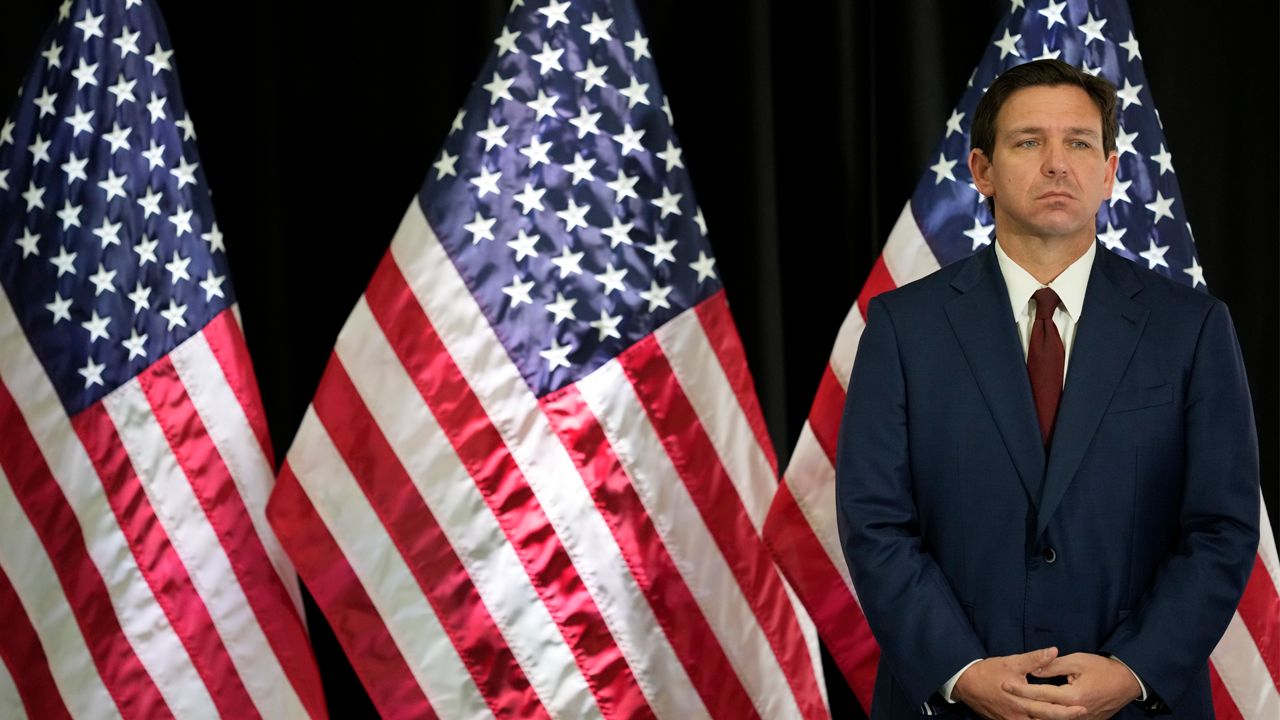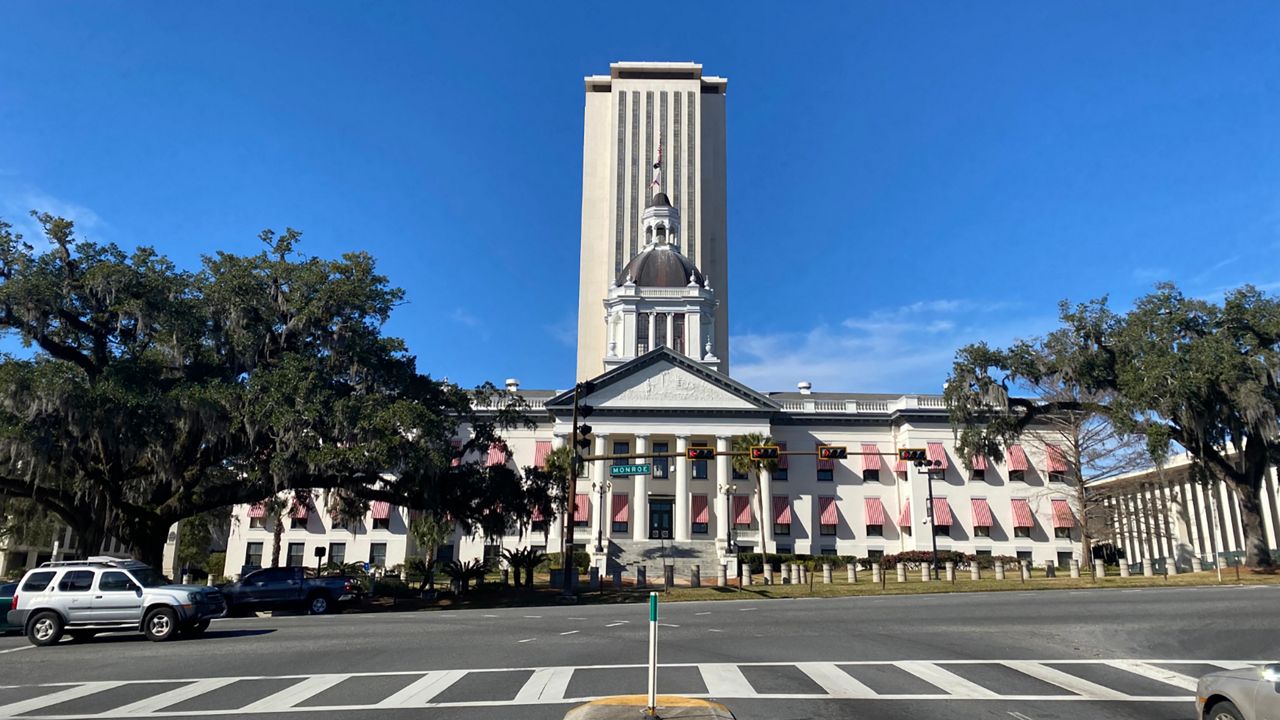TALLAHASSEE, Fla. — The State Board of Education adopted a new rule Wednesday that makes using a restroom that does not align with one’s sex at birth a fireable offense on college campuses.
Under the new rule, a second offense is a terminable offense for college faculty and staff. A first time offense, meanwhile, threatens penalties such as a written reprimand or a suspension without pay.
The new rule comes after Gov. Ron DeSantis in May approved legislation segregating bathrooms and changing facilities by one’s sex at birth on government-owned property, like prisons or public schools.
Lawmakers coined the proposal (HB 1521), which drew notable protest, as the “Safety in Private Spaces Act.” Proponents of the measure maintain the legislation is not discriminatory, but instead prioritizes the safety and welfare of the public and minors.
“A woman should not be in a locker room having to worry about someone from the opposite sex being in their locker room,” DeSantis said of the legislation in May.
Students could also face stiff consequences under the adopted rule. The State Board of Education, however, is tasking colleges to establish their own penalties against student violators. The bathroom rule applies to on-campus student housing facilities too, like college dorm rooms.
Institutions, moreover, must draft procedures for when an outsider — someone other than a student or staff — refuses to leave a designated restroom for the opposite sex when asked by faculty or police.
Carlos Guillermo Smith, a former Orlando lawmaker who represented the UCF area and now serves with Equality Florida, rebuked the rule Wednesday as “shameful.”
“Everyone deserves the right to use the restroom where they feel safe, including transgender Floridians,” said Smith, who is campaigning as a Democrat to join the Florida Senate.
The new ruling applies only to the state college system, which services 28 institutions and roughly 650,000 students. The State University System (SUS), meanwhile, is expected to draft their own rule in the near future based upon their interpretation of HB 1521. That ruling will impact 12 universities and more than 400,000 students.
Education and LGBTQ+ issues, meanwhile, remain contentious issues in Florida under the DeSantis administration.
A GOP presidential primary contender, DeSantis in May signed legislation banning gender-transition treatments for minors as well as the use of gender pronouns in grades kindergarten through eighth.








